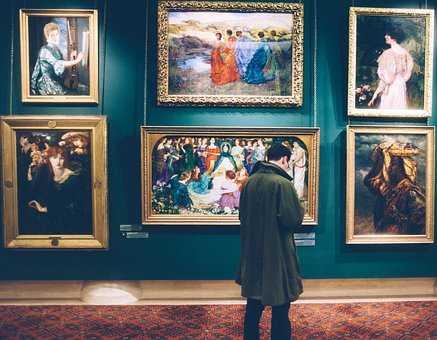Managing the inherent emotional risks of creativity
In ancient Greece and Rome, people did not believe that creativity came from human beings. It was believed to be a divine attendant spirit that came to humans.
- The Greeks called these attendant spirits of creativity "daemons."
- The Romans called it a genius. Romans believed a genius was like a magical entity that lived in the walls of an artist's studio and invisibly helped the artist.
This understanding helped the ancient artist protect himself from certain things, such as too much narcissism. If your work was brilliant (or terrible), you couldn't take all the credit for it.
67
780 reads
CURATED FROM
IDEAS CURATED BY
The idea is part of this collection:
Learn more about creativity with this collection
How to find inspiration in everyday life
How to stay motivated
How to cultivate a positive mindset
Related collections
Similar ideas to Managing the inherent emotional risks of creativity
The history of "creativity"
- Creativity, as a power belonging to an individual, doesn't go back very far. The first recorded usage of the word creativity came from the Oxford English Dictionary in the 17th century: 'In Creation, we have God and his Creativity.'
- In the 17th and 18th centuries, ...
Read & Learn
20x Faster
without
deepstash
with
deepstash
with
deepstash
Personalized microlearning
—
100+ Learning Journeys
—
Access to 200,000+ ideas
—
Access to the mobile app
—
Unlimited idea saving
—
—
Unlimited history
—
—
Unlimited listening to ideas
—
—
Downloading & offline access
—
—
Supercharge your mind with one idea per day
Enter your email and spend 1 minute every day to learn something new.
I agree to receive email updates
